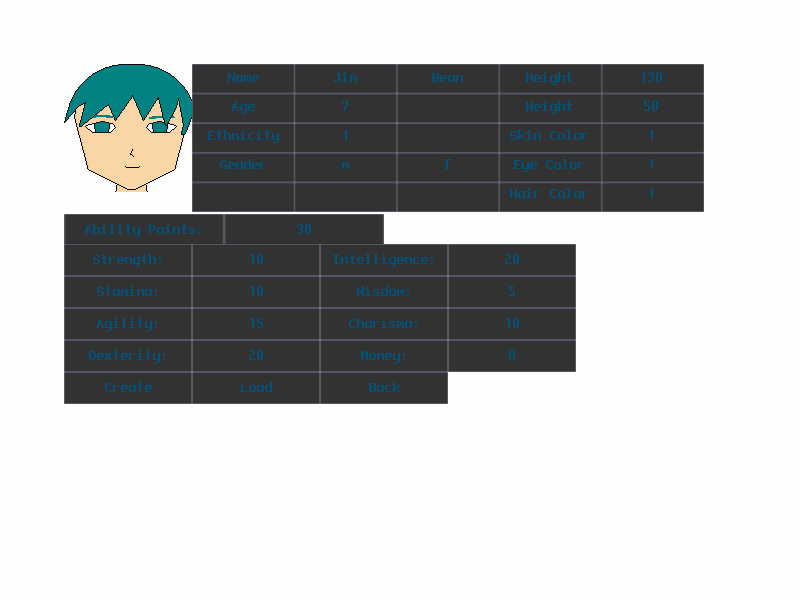
*yawn* It's 2 AM. I dunno what to tell you, my readers. Perhaps you could tell me what interests you. That would make for an interesting JF sometime in the future. People I talk with are sometimes interested in what I'm doing. But really, it's all the same. Nothing really changes dramatically from one day to the next. Very simple, silly things happen each day, but it's hardly worth you reading this thing. It is worth writing it if I can find the strength, because I feel that there's something intrinsically good about information. Not just that it exists, but also that it can be accessed. Something that exists and is not accessible is not worth much. But having access to information makes a human being into more than just a human being. Some information is better than others. Some information can be reproduced at a million copies per minute. Some information has very little reproducability, but is accessible in such a way that produces good results. This is the way of information, and it is good. Many humans on Earth have spent the last century working on means of communication that lends itself to extremely good uses of information. For certain types of information where reproducibility is unwanted, high bandwidth communications are easily and cheaply made (telephones). Some types of information needs very little bandwidth, but very high reproducibility, cheapness, and mobility, so printing presses have been made. When the digital computer came about, data could be used and reproduced at the speed of electrons. But communication was not easy enough, so diskettes and modems were fashioned from electronics and telephones. This is the way of information, and it is good.
But with the amazing advancement of communication in this century and last, conflicts arise when freedom and control are imbalanced. Those who wish for freedom of information are benefitted by the advance of easy communication. Those who previously had control of the medium and the communication now find themselves beseiged on all sides by those who wish to freely communicate and transmit information. Those people are usually the creators of much information. It makes sense to many creators that the only way for a person to survive and create is to control the medium in which people can transmit that information. This is a valid concern, but the control over the medium of these new networks is completely up to those who make them possible. Those who create information have no hold over the new means of communication because they did not create the networks. Those who create the networks control the networks. And those people are usually open to free communication depending on the person. So these content creators feel that they must unrightfully take control of the medium in which people communicate and transmit data. They do this using threat of death or imprisonment which is enough to frighten some, but never stop a majority of those who communicate freely.
This becomes a terrible conflict. Who should win? We have a situation where neither side can win, but both sides gain from what they do already. Content creators are not destroyed by the free communication like they believe. Those who communicate freely are happily doing so even if laws prohibit them and lawsuits attack them. The solution may be a stalemate where those who wish to create deal with a million fewer sales and and a few of those who communicate freely are arrested for their actions.
But a new class of creators is arising from those who wish for freedom of information. They who create and transmit freely abide by both sets of opposing systems: content creators and content transmitters. These people have many different reasons to publish their content without demand. One good reason is because no one would pay you for it (or not enough people would pay to make it profitable). Another reason is that you already see a community that is growing positively by communicating its information freely (Linux is a great example). A possible motive for creating content for free distrobution is to simply make it happen. Humans can set goals that involve information and distribution and can become a sole reason for content creation and distribution. If a person is really inspired, they might set out to create content, profit from it, and then free it. Or perhaps their business plan look like:
1) Create free content.
2) ...
3) Profit!
Of course, 2) could be anything from ask for donations to blackmail. But it seems that Slashdot has yet to decide.
However, it is important that the cycle of information looks like a tree:

If this tree is ever broken, it generates a cycle that looks like this:
1) Wonder what to do.
2) Look around.
3) See nothing.
4) Repeat.
This is the way of information, and it is good.
-
Leave a Reply





Comments: 0
Leave a reply »